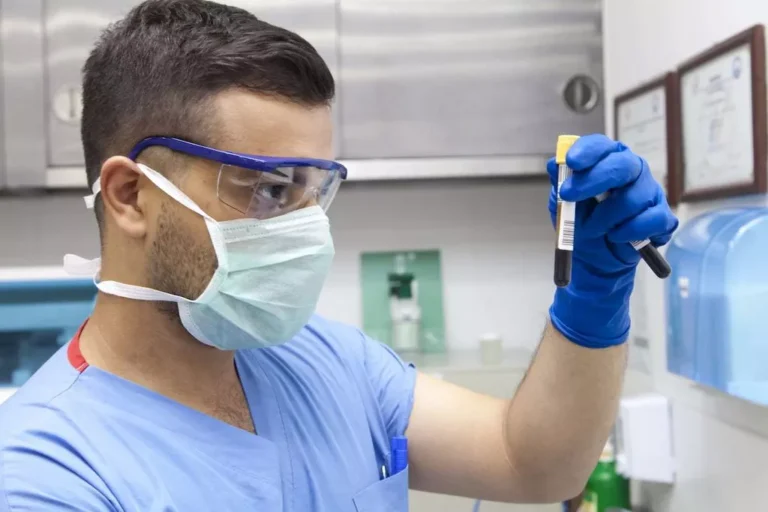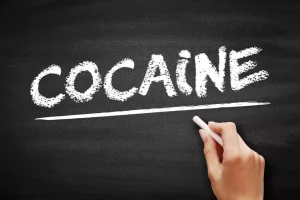
For instance, those who use alcohol to self-medicate may need therapy that addresses the root causes of their addiction and helps them learn healthier coping mechanisms. Withdrawal symptoms appear when the body’s need for alcohol isn’t met. This usually happens when an alcoholic decides to suddenly stop drinking or has not consumed alcohol for a long period of time. A person who misuses alcohol exhibits strained relationships with friends, significant others, and other members of their family. When the most important people in a person’s life have been relegated to the sidelines in favor of alcohol, it is a clear sign of alcoholism. A person who misuses alcohol often experiences problems at home, in school, or at work because their drinking problem has caused them to neglect their responsibilities and obligations.
- You might not recognize how much you drink or how many problems in your life are related to alcohol use.
- These changes can compromise brain function and drive the transition from controlled, occasional use to chronic misuse, which can be difficult to control.
Alcohol abuse
This refers to a wide range of thoughts, physical sensations, or emotions that push you to drink, even if you do not want to. A person with a blood alcohol concentration between 0.35 and 0.50 percent can fall into a coma. People have died after drinking too much at once, as well as after consuming large amounts of alcohol steadily over a long period of time. Why is it that some people can drink socially and not become addicted while others become alcoholics? The reason has to do with a combination of genetic, physiological, psychological and social factors. Compulsive behaviors are prominent in addiction, and people with alcohol addiction often drink whenever and wherever they desire.
- Another 855,000 Americans ages 12 to 17 years old have alcohol use disorders.
- Seeking treatment and adopting healthier lifestyle choices are essential for mitigating these risks.
- Experiencing at least two symptoms throughout the course of a year merits a diagnosis, from mild to moderate to severe.
- As the Cleveland Clinic excellently states, alcohol use disorder (or alcoholism) is a medical condition where a person is unable to control their heavy or frequent drinking.
Causes of Addiction

These changes increase the pleasurable feelings you get when you drink alcohol. People with alcohol use disorder will continue to drink even when drinking causes negative consequences, like losing a job or destroying relationships with people they love. They may know that their alcohol use negatively affects their lives, but it’s often not enough to make them stop drinking.
Chronic Stress and Painful Life Events
- Drinking releases endorphins which can lead people to feel happy, energized, and excited.
- The severity of AUD varies from person to person, with alcohol constituting the most severe case.
- But there’s a large gray area in the middle, in which drinking can cause problems for someone’s health, job, or loved ones, but not to a clinical extent.
- For many, beer, wine, and spirits conjure up thoughts of social gatherings and tipsy fun.
- Dopamine is the neurotransmitter activated by rewarding activities as a way of increasing the likelihood of engaging in such activities in the future.
If you feel that you sometimes drink too much alcohol, or your drinking is causing problems, or if your family is concerned about your drinking, talk with your health care provider. Other ways to get help include talking with a mental health professional or seeking help from a support group such as Alcoholics Anonymous or a similar type of self-help group. Loved ones are an integral part of the addiction https://ecosoberhouse.com/ recovery process, but they need to balance their own needs in addition to providing support. To do that, they can set boundaries around their emotional, physical, and financial relationship, for example that the house will remain an alcohol-free zone. They can research alcoholism to understand the underpinnings of the disorder, the signs of an overdose, and other important information.
Group meetings are available in most communities at low or no cost, and at convenient times and locations—including an increasing presence online. This means they can be especially helpful to individuals at risk for relapse to drinking. Combined why do people become alcoholics with medications and behavioral treatment provided by health care professionals, mutual-support groups can offer a valuable added layer of support. A few empirically validated practices can help identify strong treatment programs.
Nevertheless, there is no single gene for addiction nor even a group of genes. Alcohol in some form is widely used for pleasurable purposes and is an important part of the social fabric worldwide, today as in ancient times. Nevertheless, according to the National Institute on Alcohol Abuse and Alcoholism, 14.6 million U.S. adults over the age of 18 have alcohol use disorder, marked by uncontrolled drinking.

